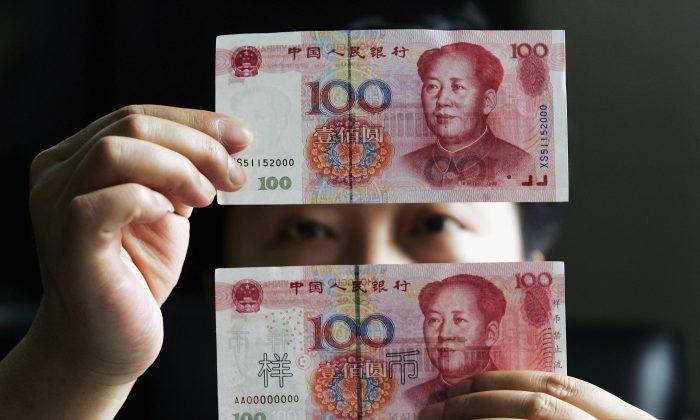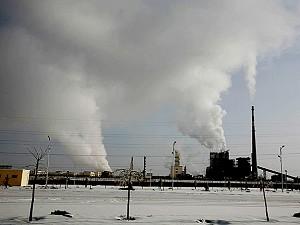TAIPEI—It is quite common for white-collar workers to speculate in stocks worldwide. China’s white-collar workers are the wildest. According to a report from the Beijing Internal Herald Leader , it has become a “fashion” for white-collar workers to speculate in stocks. Stock speculation during work hours might be a “special benefit” for white-collar workers in China.
The report indicated that many people in China wildly speculate in the stock market, including white-collar workers. This speculation results in bull markets and paralyzed offices.
It is unimaginable for white-collar workers abroad to affect normal work hours due to speculating in stocks. But the trend of stock speculation during office hours has altered office ecology.
According to the report, a staff member surnamed Wu in one information service company was quoted as saying she became one of the members engaging in stock transactions during office hours, and invested half of her savings into the stock market based on a friend’s advice.
She glances over financial and economic websites and looks into recommended stocks and market analysis after she goes to work at 9:00 a.m. every day. Ms. Wu launches stock software when the stock market starts trading at 9:30 a.m. She stares fixedly at the activity of her three types of stock while she chats with others online about market quotations.
Ms. Wu does not start to work until the market closes in the afternoon. She spends only the two work hours left to accomplish her own job.
She said, “I used to chat with colleagues via MSN about my work. At most we complained about our boss. But now we are discussing stocks through MSN.”
It is reported that not only ordinary white-collar workers but also bosses and managers have engaged in stock trading during office hours.
In Guangzhou City and other cities, it is a common practice for managers to meet customers after the market closes at 3:00 p.m. A customer may be speculating in stocks even if you do not.
The report compared China with similar situations in the U.S. and Japan. It is said that white-collar workers in the U.S. also engaged in office hour stock speculating before. U.S. bosses were concerned about this situation and turned to experts for help. They installed various modern firewalls in computers to block finance-related websites. Additionally, they made more strict regulations. U.S. government set regulations that employees speculating in stocks during office hours may be severely punished.
In addition, some companies forbid their employees to buy stock issued by their own companies. To avoid arousing suspicion, staff in accounting or security financial departments are not allowed to engage in the stock market. U.S. white-collar workers eventually gave up the addiction to the stock market under pressure from both bosses and the stock market bubble.
In Japan, speculating in stocks became popular among white-collar workers, with a bull market and rising prices. However, they only do it during lunch time. Japanese companies and the government have bans on engaging in personal activities and stock speculation. The key is that the Japanese observe all regulations of their own free will.
Some companies in China install firewalls to block stock software. However, it is impossible for bosses to guard against stock speculation during office hours because white-collar workers quickly develop new strategies to speculate in stocks through cell phones.




